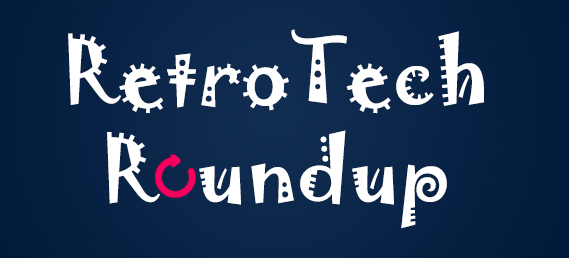In September 2016, the Thailand Ministry of Information and Communication Technology was dissolved and replaced by the Ministry of Digital Economy and Society.
In Malaysia, recognising that broadband is one of the key components of the nation’s digital economy, ‘Malaysia Digital Economy Corporation’ budgeted 1 billion Malaysian Ringgits to double the broadband speed and half its price in two years’ time.
India’s recent demonetisation has helped it leapfrog towards a cashless economy, in which the digital economy thrives. Similarly, UK’s parliament enacted the Digital Economy Act as recently as April 2017.
One could go on and on. Digital economy is the mantra; digital is not just part of the economy — it is the economy now.
What is digital economy? Generically, it is the utilisation of digital technologies for economic purposes, typically involving e-commerce. It is not a new economy as such. It is also called the internet economy because everything happens over the internet, with the help of smartphones, computers, applications and software. Therefore, digital economy is actually the transition of the traditional economy to an economy which uses digital technologies for the same purpose.
In the world of Business-to-Consumer (B2C), the products and services that are marketed and sold are the same as in conventional business transactions, however, the disruption is in the medium. In comparison, in the Business-to-Business (B2B) world, which is much bigger, the products themselves are changing. The biggest product by far is data, which is central in digital economy.
The technological revolutions are highly disruptive to economies and societies. This was the case in the previous Industrial Revolution, when big established businesses like Kodak and Blockbuster, Sears and Polaroid, disappeared, and it is the same with the ongoing fourth Industrial Revolution.
As technologies are advancing rapidly, skills of predominant majority of humans are not advancing with the same speed. With the passage of time the gap between swiftly developing technologies and the slower human development will grow bigger, and affect the economy and the society even more.
Another big obstacle for digital economy is the lack of trust in the internet. It has to be acknowledged that there is a dark-side of the internet too. Coping with the increasing number of cyber-attacks, the growing expertise of hackers and the thriving black market for stolen data (or “ransom” data, as we are witnessing nowadays) requires much more resources and greater emphasis on cyber security. Those who choose to downplay its importance will do so at their own peril.
Online businesses
Digital technologies are transforming businesses in ways that one never thought about. The services, which are coming from the internet revolution, are creating new businesses, including the largest businesses of our times – like Alibaba, Amazon, Netflix, Facebook, Google, Uber, etc.
The arrival of internet of things, artificial intelligence, and 3D printing has further brought the digital economy out in the front. According to MIT Sloan research (based on 400 global companies across all industries), the companies that are adapting to a digital world are 26% more profitable than their industry peers who are not adapting – some non-adapters are actually dying.
What is true for companies is also true for countries. Approximately 8% GDP of G20 countries (around 3.2 trillion Euros) was part of the digital economy in 2016. Moreover, it is not only about businesses, digital technologies are extensively being applied in health, education, governance, agriculture and even where you want to go for a vacation!
How far has Pakistan progressed?
In Pakistan, we have a lot of catching up to do. We do not seem to have clear ideas as to where we are in terms of digital economy. We do not know how much of our businesses are already getting support of digital technology.
Rough estimates place our digital economy at $100 million. With rapid growth of connectedness, it has a potential of jumping to $1 billion within a year. But predominant majority of our businesses are not geared up for digital economy, which means a big risk of our country falling further behind.
A recent positive development is the signing of (in the words of the IT Minister) “first digital MoU of our country”, with Alibaba. It will definitely prove to be a big help for digital economy in the country. However, work on broader policy side needs to be done by all in the government. Three areas need urgent attention:
The under-construction, eagerly awaited, ‘E-Commerce Framework’ and the ‘Data Protection Act’, are two instruments that are expected to play ground-breaking roles – hopefully, very soon?
The incentives needed for SMEs to start running their businesses digitally. For this the digital tools, like computers, routers, smartphones, etc, will have to be made free of all duties and taxes.
And finally, our current ranking at 144 in Ease-of-Doing Business is not inspiring a lot of confidence among the technology investors. Issues like heavy and unpredictable taxation on ICTs must be addressed urgently – perhaps the upcoming budget is a good time to start?
The writer is former CEO of the Universal Services Fund and is providing ICT consultancy services in several countries of Africa and Asia.
This article was originally written for Express Tribune








